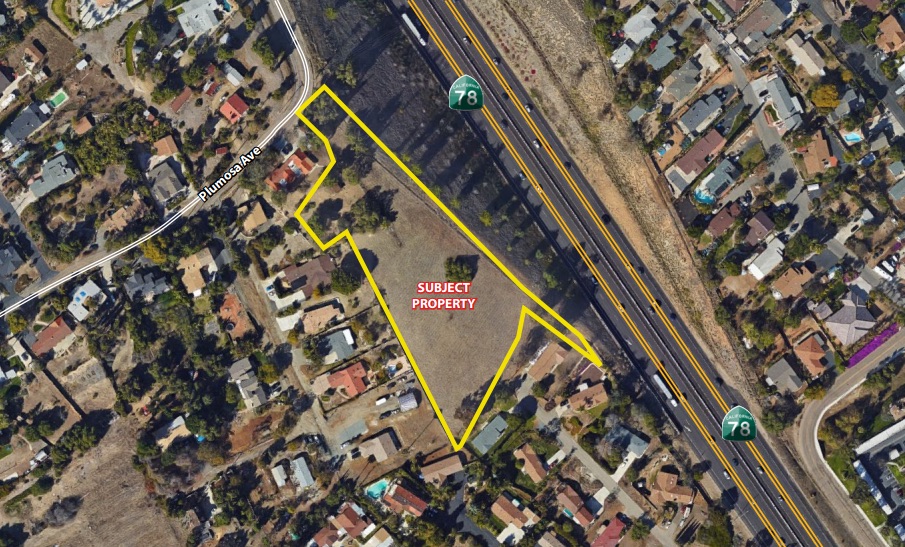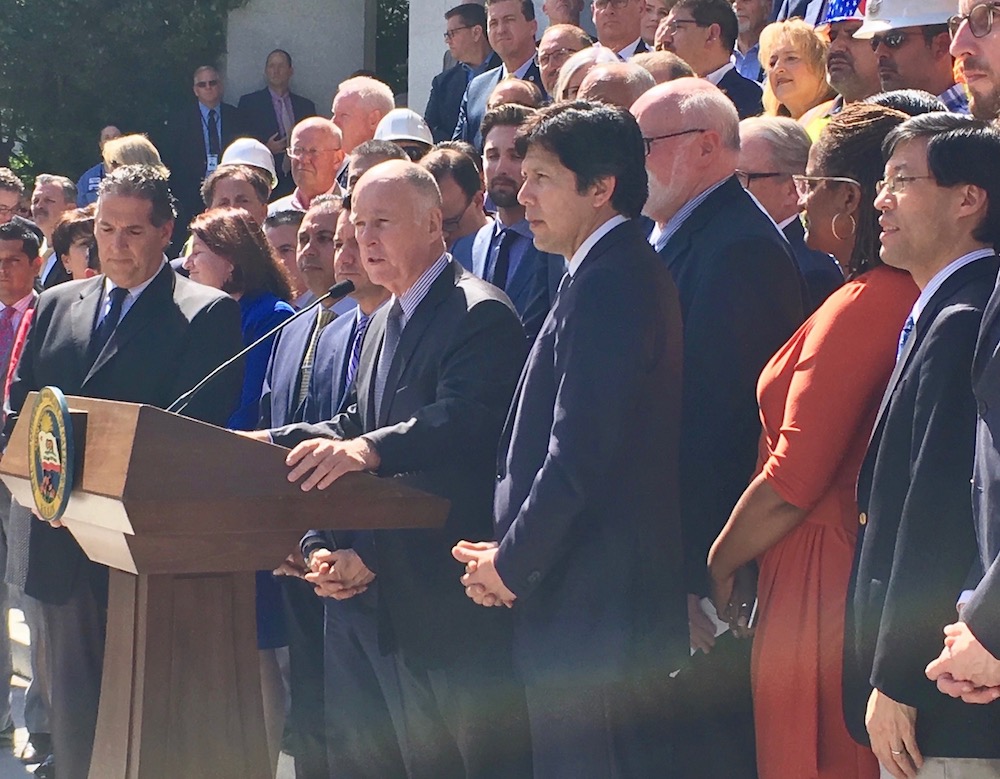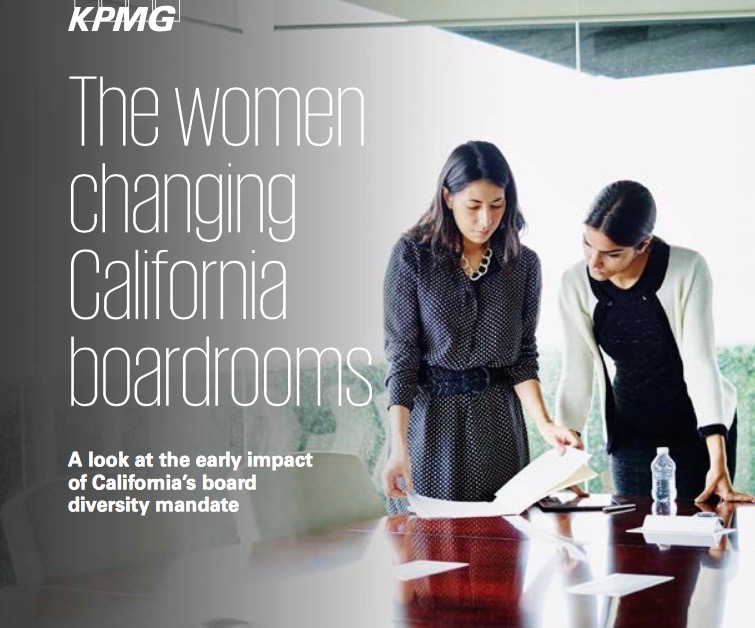Daily Business Report-April 4, 2017
Gov. Jerry Brown announces $52 billion plan to fix roads and bridges. (Photo by CALmatters)
California Democrats Struggle to Keep Party Unity
In Face of Landmark Tax Increase to Fix Roads
By Laurel Rosenhall | CALmatters
California Democrats are expected to face a key test of their unity this week, with Gov. Jerry Brown leaning on state lawmakers to pass a landmark tax increase to fix what he calls a massive backlog of repairs to the state’s rutted roads and weakened bridges.
The $52 billion plan will only pass if two-thirds of lawmakers vote for it, putting the spotlight on the supermajority Democrats won in November. Even if Republicans reject the plan, it will pass if Democrats hang together.
But that is a big if.
Like Republicans in Washington D.C. whose internal divisions killed the GOP health care bill last month, Democrats in Sacramento also come in a variety of flavors. There are coastal environmentalists and those shaped by urban poverty; Berkeley liberals and Central Valley moderates; some who answer to labor and some who are backed by business. And — a sticking point for the road repair plan that calls for raising gas taxes and vehicle fees — some Democrats come from swing districts where they could face voter backlash for supporting a tax increase.
Though they have split on many issues over the years, Democratic Senate leader Kevin de Leon (D-Los Angeles) vowed that cracks in the party would not torpedo the transportation funding plan. “We are not Washington,” he said in announcing the funding deal legislative leaders reached with Brown last week.
And yet the reality is that regardless of which party is in control, political majorities can be messy. Most of the time, of course, the ruling party gets its way. But on the most controversial issues, alliances can splinter, leaving the party elected to govern unable to advance its own plan.
It’s not a partisan phenomenon, but a dilemma that comes with being in charge, said Nathan Monroe, a political science professor at University of California, Merced, who has studied situations throughout history where the majority party in Congress failed to pass its own bills. While rare, it usually happens, he said, when centrists in the majority party don’t go along with a more extreme position being pushed by party leaders.
And as a group grows in size, Monroe said, it tends to become less cohesive. That’s true of the Legislature’s Democratic supermajority.
“It is a large party and partly by virtue of being large there are some blocs within the party,” Monroe said. “You get, in effect, what is some brinksmanship.”
Brown, the Democratic governor, acknowledged the challenge of getting all members of his party on board, saying last week that “nothing is in the bag.” He was flanked outside the Capitol by dozens of legislative Democrats as well as union workers and business leaders who support the tax hike.
“Is it possible to fail?” Brown said. “Yes, failure is always an option. But it’s not going to happen because we have a force here, and we’re going to join together.”
Republicans argue the state can fix its roads with existing money and have introduced a plan that would redirect funds now used for other purposes. The Democrats’ transportation funding bill could face a vote on Thursday (April 6).
The strength of California Democrats’ unity will also be tested this year on another crucial issue: housing. Sky-rocketing prices have brought home-ownership rates to their lowest level since the 1940s, a state report found, and the majority of tenants pay a precariously high portion of their income on rent.
Bills to pay for more affordable housing through borrowing and increased taxes and fees are moving through the Legislature, likely to face votes this summer. One of them would eliminate the mortgage-interest tax deduction on vacation homes, generating $220 million annually to build affordable housing. Another would put a measure on the ballot asking voters to approve $3 billion in housing construction bonds. A third would add a $75 fee to most real estate transactions to pay for housing assistance subsidies and development of affordable housing. The fee would apply to things like liens and deeds of trust, but not home sales.
All three bills require two-thirds approval to pass, and some of the ideas have failed before.
“I’m getting ready to do the fourth try,” said Sen. Toni Atkins, the San Diego Democrat who is carrying Senate Bill 2 to add the fee on real estate transactions, an approach that has failed the last few years.
“While I’m optimistic this time, it’s still not necessarily going to be easy.”
Even on bills that don’t require two-thirds approval, Democrats have sometimes been hampered by the split between their liberal and moderate wings. Depending on the bill, the divide can reflect disagreements business and labor, environmentalists and oil companies, doctors and lawyers, or coastal and inland communities. In recent years, moderate Democrats have killed proposals from progressive Democrats to limit use of arbitration, add health warnings on sodas and require double-pay for those who work on Thanksgiving Day.
David Townsend, a political consultant who runs a business-backed PAC to elect moderate Democrats, said the bloc acts as a force to help steer policy toward the political middle.
“It’s not so much that they are killing everything, they are often moderating things: ‘You’re going too far. How about we try it this way?’” he said.
In 2015, moderate Democrats opposed an environmental bill that would have required cutting petroleum use in half over the next 15 years. Their opposition was enough to force the removal of the petroleum reduction piece of Senate Bill 350, a shocking defeat for de Leon and Brown, who have used their positions to crusade against climate change.
Atkins was the assembly speaker when Democrats in her caucus blocked the petroleum reduction bill. So there was a little piece of her that could relate to Republican House Speaker Paul Ryan when he announced in Washington last month that he was pulling back the health care bill. Hard-line conservatives and moderate Republicans objected to different aspects of the bill to repeal Obamacare, leaving Ryan without enough votes for it to pass.
“You should never forget that even if you are the leader, even if there is consensus on a priority that needs to get done,” Atkins said, “something can go sideways.”
CALmatters is a nonprofit journalism venture dedicated to exploring state policies and politics. For more stories by Laurel Rosenhall go to calmatters.org/articles/author/laurel-rosenhall/
____________________
Mayor Touts Hotel Tax for Convention
Center Expansion, Homeless Aid, Street Fixes
Mayor Kevin Faulconer on Monday threw his support behind a hotel tax increase to fund expansion of the San Diego Convention Center, street repairs and homeless services.
Faulconer, who was joined by hotel and tourism officials at a press conference outside the center, said he will ask the City Council to call a special election in November.
The proposed measure would raise the transient occupancy tax paid by hotel guests from 1 to 3 percentage points depending on the area of the city.
“The only people who will have to pay this very modest increase are the tourists and hotel guests,” he said. “We can finally — and I mean finally — fund the contiguous expansion of the San Diego Convention Center.”
The expansion could cost up to $700 million and take four years as construction is scheduled around convention activity.
Part of the additional tax revenue would be used to fund homeless programs and infrastructure repairs, with the mayor committing to spend $10 million annually on each.
The ballot measure is similar to one backed by the Chargers last November, but in that case the increase was more and the funds would have gone entirely to a new stadium that could also be used for some convention activity.
That measure was defeated, but Faulconer said it is the “right moment” to present a different ballot measure.
____________________

Developer Buys Vista Property
For Development of Senior Care Facility
W Designed Developments has purchased a 2.62-acre parcel of vacant land in Vista for $1.03 million and plans to develop a senior care facility on the property. The Irwin Dubinksy Living Trust and Kissinger Family Trust were the sellers.
The property is located off of Plumosa Avenue, less that than ¼ mile north of Highway 78, and near North County Square Shopping Center, Vista Transit Center, Wave Waterpark, and local schools.
Lee & Associates represented the sellers. Weston Harmer represented the buyer.
____________________
Airport Gets Its First Cosmetics Kiosk
San Diego International Airport is getting its first cosmetics kiosk.
Located in Terminal 2 West, the kiosk is operated by Duty Free Partners. It’s the airport’s only stand-alone, high-end cosmetic offering.
The 400-square-foot kiosk offers travel-sized products, makeup services, fragrances, and more. The kiosk joins the airport’s concessions program which features more than 80 shops and restaurants.
A ribbon-cutting ceremony is scheduled for 11:30 a.m. today.
____________________
Rotary’s Craft Beer & Wine Festival
April 22 to Benefit Multiple Charities
San Diegans are invited to attend La Jolla Golden Triangle Rotary’s fourth annual Quintessential Craft Beer & Wine Festival on Saturday, April 22, from 1-5 p.m. at the Nobel Athletic Fields, 8810 Judicial Drive, San Diego.
The dog-friendly event features access and unlimited samples from 18 craft brewers, five regional wineries plus eight Southern California distilleries. Thrive Animal Rescue will also be on hand to showcase adoptable dogs.
Tickets are $30 in advance; $40 at the door; and $15 for active duty military. One hundred percent of the proceeds benefit 45 local and international humanitarian projects stewarded by nearly 100 members of the La Jolla Golden Triangle Rotary Club. For more information and for tickets, visit lajollagtrotary.org.
Attending this year are world-class craft brewers like Maui Brewing Co., Ballast Point, Coronado Brewing Col, Karl Strauss, Thorn Brewery and Kilowatt. Three wineries from the Guadalupe Valley of Baja will be on hand, as well as two Ramona winemakers. Southern California distillers will be sampling rum, gin, whiskey and vodka, as well as saki. The Quintessential Festival will offer cold coffee sampling and several food vendors including organic sausages, cheese balls, chocolate and cupcakes.
Among the many beneficiaries of funds raised by La Jolla Golden Triangle and the Quintessential Festival are The Preuss School UCSD, the VA Hospital, Ronald McDonald House and projects benefitting local active military and their families. International efforts include the Rotary Jalalabad School in Afghanistan, and humanitarian projects in India, Africa, Israel and most recently, the provision of blankets for refugees arriving under emergency conditions in Macedonia.
____________________
Personnel Announcements
Skinny Beach Hires Physician Assistant

Skinny Beach, a San Diego-based medical spa offering beauty services using laser technology, has hired Tiffany Ross as physician assistant at its San Diego headquarters, 3737 Moraga Avenue, Suite B214.
In her new role, Ross will be responsible for day-to-day operations, completing examinations, performing aesthetic procedures including laser skin resurfacing, laser hair removal, laser tattoo removal, photofacials, radiofrequency with ultrasound skin tightening and fat reduction, and administering injectables.
Prior to joining Skinny Beach, Ross worked as a physician assistant for 828 Urgent Care in Oceanside. There, she formulated treatment plans, reviewed and interpreted diagnostic tests and data, performed examinations, wrote prescriptions and educated patients with a myriad of medical conditions, including but not limited to hypertensive emergencies, strokes, pneumonia, or just simple suture care.
Ross received her bachelor’s degree in exercise science from Florida State University, followed by her master of medical science degree in biomedical science from Barry University in Miami



